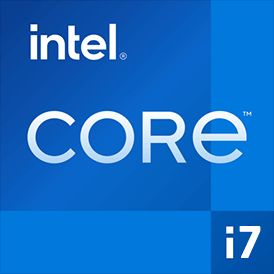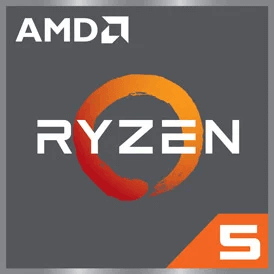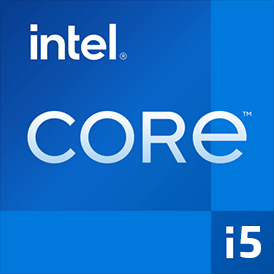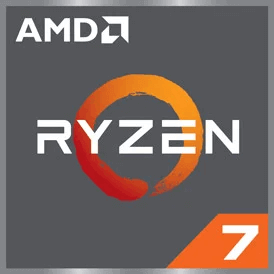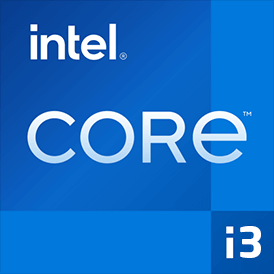Intel Core i7 14700F vs Apple M1 Ultra
We compared two desktop CPUs: Intel Core i7 14700F with 20 cores 2.1GHz and Apple M1 Ultra with 20 cores 3.2GHz . You will find out which processor performs better in benchmark tests, key specifications, power consumption and more.
Main Differences
Intel Core i7 14700F 's Advantages
Released 1 years and 10 months late
Apple M1 Ultra 's Advantages
Integrated graphics card
Higher specification of memory (6400 vs 5600)
Larger memory bandwidth (800GB/s vs 89.6GB/s)
Higher base frequency (3.2GHz vs 2.1GHz)
More modern manufacturing process (5nm vs 10nm)
Lower TDP (60W vs 65W)
Score
Benchmark
Cinebench R23 Single Core
Intel Core i7 14700F
+36%
2097
Apple M1 Ultra
1538
Cinebench R23 Multi Core
Intel Core i7 14700F
+42%
32790
Apple M1 Ultra
23054
Geekbench 6 Single Core
Intel Core i7 14700F
+12%
2724
Apple M1 Ultra
2420
Geekbench 6 Multi Core
Intel Core i7 14700F
18009
Apple M1 Ultra
+3%
18680
Blender
Intel Core i7 14700F
+4%
437
Apple M1 Ultra
417
Passmark CPU Single Core
Intel Core i7 14700F
+13%
4363
Apple M1 Ultra
3831
Passmark CPU Multi Core
Intel Core i7 14700F
+14%
46760
Apple M1 Ultra
40784
General Parameters
Jan 2024
Release Date
Mar 2022
Intel
Manufacturer
Apple
Desktop
Type
Desktop
x86-64
Instruction Set
ARMv8
Raptor Lake Refresh
Core Architecture
Apple M1
i7-14700F
Processor Number
APL1106/APL1W06
LGA-1700
Socket
Apple M-Socket
No
Integrated Graphics
Apple M1 Ultra GPU (64-core)
Package
-
Transistor Count
114 billions
10 nm
Manufacturing Process
5 nm
65 W
Power Consumption
60 W
219 W
Max Turbo Power Consumption
-
100°C
Peak Operating Temperature
-
CPU Performance
8
Performance Cores
16
16
Performance Core Threads
16
2.1 GHz
Performance Core Base Frequency
3.2 GHz
5.4 GHz
Performance Core Turbo Frequency
3.2 GHz
12
Efficiency Cores
4
12
Efficiency Core Threads
4
1.5 GHz
Efficiency Core Base Frequency
2.1 GHz
4.2 GHz
Efficiency Core Turbo Frequency
-
20
Total Core Count
20
28
Total Thread Count
20
100 MHz
Bus Frequency
-
21x
Multiplier
-
80 K per core
L1 Cache
192 K per core
2 MB per core
L2 Cache
48 MB shared
33 MB shared
L3 Cache
-
No
Unlocked Multiplier
No
Memory Parameters
DDR5-5600, DDR4-3200
Memory Types
LPDDR5-6400
192 GB
Max Memory Size
128 GB
2
Max Memory Channels
16
89.6 GB/s
Max Memory Bandwidth
800 GB/s
Yes
ECC Memory Support
No
Graphics Card Parameters
-
Integrated Graphics
true
-
GPU Base Frequency
450 MHz
-
GPU Max Dynamic Frequency
1296 MHz
-
Shader Units
8192
-
Texture Units
512
-
Raster Operation Units
256
-
Execution Units
1024
-
Power Consumption
120 W
-
Max Resolution
6016x3384 - 60 Hz
-
Graphics Performance
21.2 TFLOPS
